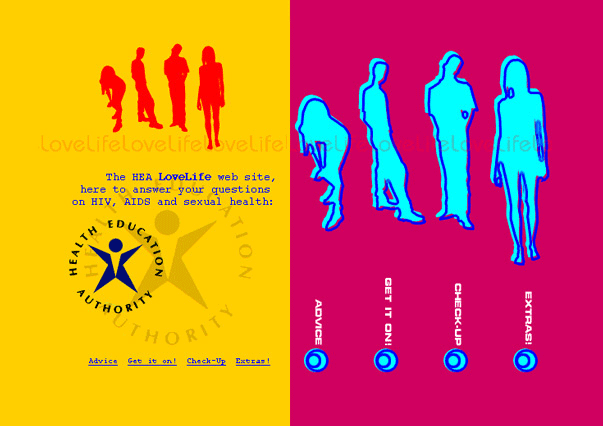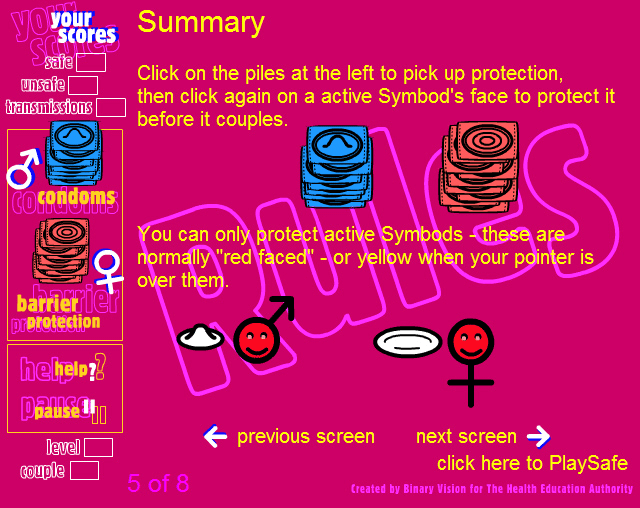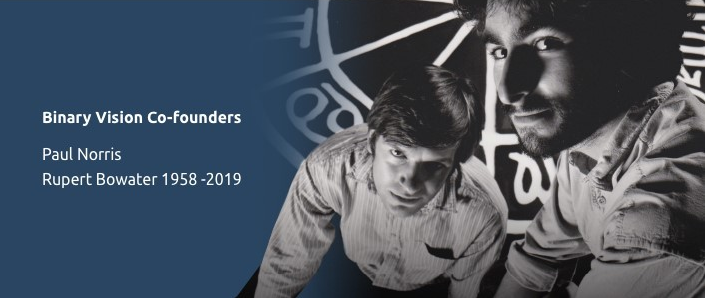
Now and then: part 2
Serious fun
The second in a series of short articles highlighting Binary Vision’s incredible history of digital innovation from our earliest years to today. Here we explore how a fun, playful approach can deliver the most serious of messages…
Then: Lovelife

It’s 1999 and safer sex has never been more important, with HIV the fourth biggest killer globally (WHO).
Time to harness the new fangled ‘world wide web’ (it’ll never last) to deliver safer sex messages to young people in ways they relate to and remember.
Binary Vision created the Lovelife brand and website for the Health Education Authority, including a host of innovative features and an edgy young design, making the most of what was possible in the late 90s.

The Lovelife home page
As well as safer sex advice for teens there were valentine e-cards, a ‘romantic’ picture story of visiting a sexual health clinic and a click-frame animation of how to use a condom that was deemed so controversial it needed sign-off by the Secretary of State for Health. There were even questions in the House of Lords.
Binary Vision then conceived and delivered a highly original and playful addition to the site – the Playsafe game. Players had to add condoms / barrier protection to male and female ‘symbods’ before they partnered up. Then at the end of each hectic game, players saw a high-speed replay of their game showing how a handful of infected symbods could spread disease through the community if the player had failed to get barrier protection in place, in time.
Though technically complex to deliver using 90’s web tech, Playsafe was a simple, powerful concept which resonated with young people. And it was great fun to play.

Playsafe game (rules screen)


